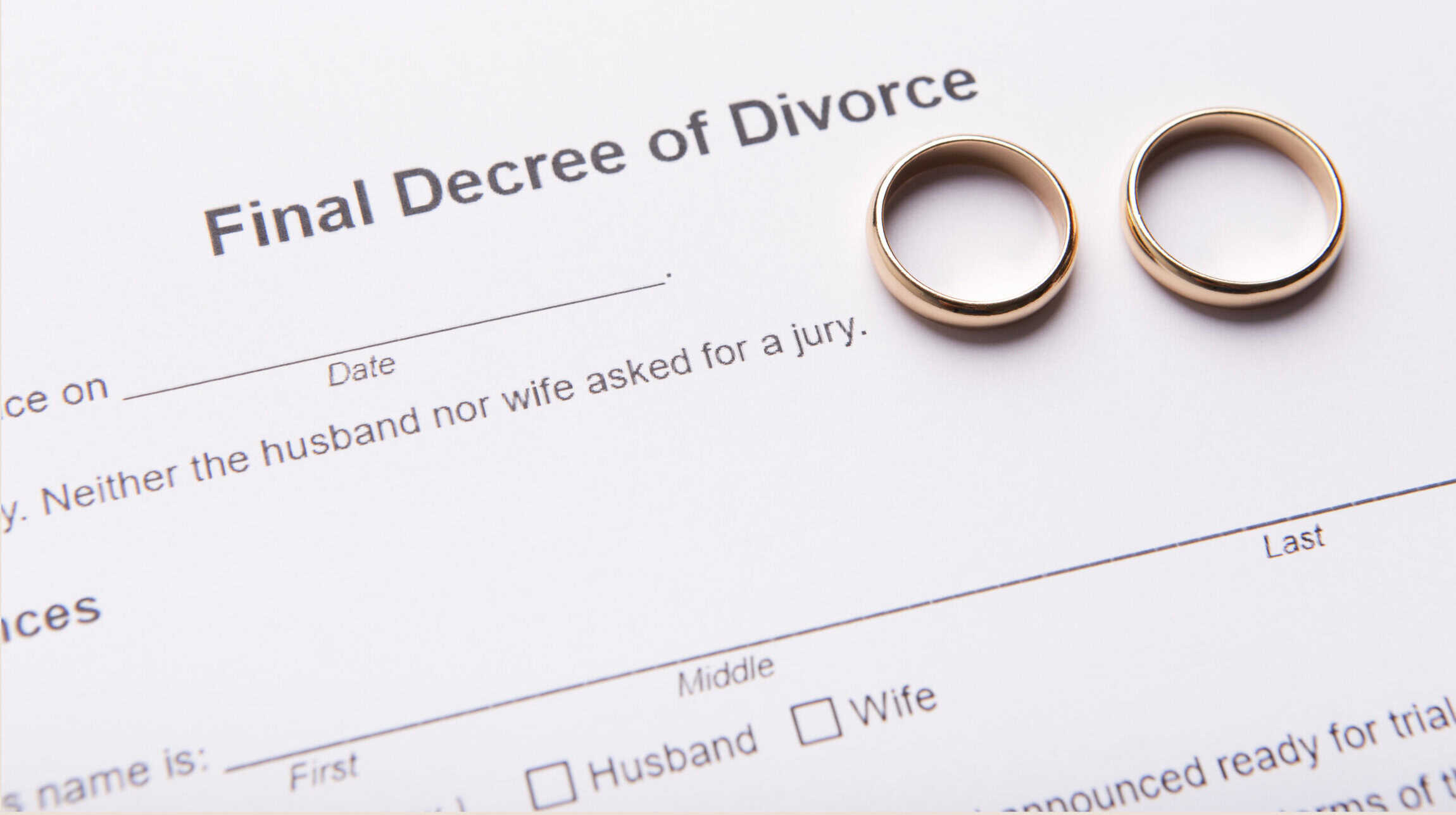When people think of workers’ compensation claims they often envision tragic workplace accidents resulting in significant immediate and visible physical injuries to an employee. However, there is another category of compensable injuries in Virginia that while equally devastating, may take time to reveal its existence—occupational disease. If you or a loved one has been diagnosed with a disease as a result of exposure to hazardous conditions in the workplace, you may be entitled to Virginia workers’ compensation benefits.
What Is An Occupational Disease?
Virginia Code § 65.2-400 defines an occupational disease as “a disease that arising out of and in the course of employment, but not an ordinary disease of life to which the general public is exposed outside of the employment.” The Virginia Workers’ Compensation Commission determines whether a condition or disease is an occupational disease by considering the specific characteristics of the employment, type of work the employee performs, and the effect it has on the employee. This determination is made on a case-by-case basis.
As discussed in more detail below, in some instances the Commission may consider ordinary diseases of life (e.g., hearing loss or carpal tunnel) compensable if certain statutory requirements are met.
Common Occupational Diseases
Occupational diseases are the result of exposures to hazards in the workplace, which vary significantly depending on the nature of your industry. Some of the more common hazardous exposures include toxic chemicals, mold, bacteria, or other environmental conditions.
Respiratory conditions may be caused by breathing hazardous chemicals, biological agents, dust, gases, fumes, or vapors. Examples of respiratory illnesses can include silicosis asbestosis, pneumonitis, pharyngitis, rhinitis or acute congestion, farmer’s lung, beryllium disease, tuberculosis, occupational asthma, reactive airway dysfunction syndrome (RADS), chronic obstructive pulmonary disease (COPD), hypersensitivity pneumonitis, toxic inhalation injury, chronic obstructive bronchitis, and other pneumoconioses.
According to the Virginia Workers’ Compensation Commission, the most common occupational disease is pneumoconiosis, which includes but is not limited to, Coal Worker’s Pneumoconiosis (also known as black lung disease, silicosis, byssinosis, and asbestosis). Mesothelioma is another well-known occupational disease and a deadly form of cancer resulting from asbestos exposure.
Skin diseases may also develop due to exposure to chemicals, plants, or other substances. Examples of skin disorders include contact dermatitis, eczema, rashes caused by irritants and sensitizers or poisonous plants, oil acne, friction blisters, chrome ulcers, and skin inflammation.
Employees can be poisoned through abnormal exposure to toxic substances in blood, bodily tissues or fluids, or breath that are either ingested or absorbed into the body. Examples of poisoning include lead, mercury, cadmium, arsenic, or other metals; carbon monoxide, hydrogen sulfide, or other gases; benzene, benzol, carbon tetrachloride, or other organic solvents; or insecticide sprays or chemicals like formaldehyde.
Other occupational diseases may include heat-related illnesses like heatstroke, sunstroke, and heat exhaustion; freezing or frostbite; decompression sickness; effects of ionizing or nonionizing radiation; bloodborne pathogenic diseases like AIDS, HIV, hepatitis B or C, brucellosis; tumors; histoplasmosis; and coccidioidomycosis.
Virginia Workers’ Compensation for Occupational Disease
Workers’ compensation claims for occupational disease present unique challenges. Most injuries caused by workplace accidents are almost immediately discoverable; however, occupational diseases resulting from hazardous exposures in the workplace may not appear until months or years later.
An “occupational disease” must arise “out of and in the course of employment,” which means the following:
- there is a direct causal connection between the conditions the work is performed and the occupational disease;
- the disease followed as a natural incident of the work as a result of the exposure occasioned by the nature of the employment;
- the disease can be fairly traced to the employment as the proximate cause;
- the disease or condition is not one in which the employee would have had substantial exposure to outside of the workplace;
- it is incidental to the character of the business and not independent of the relation of the employer and employee; and
- it originated in a risk connected with the employment and flowed from that source as a natural consequence, but it did not have to be foreseen or expected before it was contracted.
There are a few key things to keep in mind when evaluating your claim for benefits based on an occupational disease. First, an employee must have a diagnosed disease and the diagnosis cannot be tentative or require additional testing to confirm. The last date the employee was exposed is generally considered the date of the injury. Second, a physician must state that the disease was caused by the work hazard. There must be a direct causal connection between the work conditions the employee was exposed to and the disease.
If the claim is successful, the employee may be entitled to payments for medical expenses (including lifetime coverage), temporary total disability payments, and permanent impairment.
Important Timing Considerations
There are two statutes of limitations that apply to occupational disease claims. Virginia workers’ compensation claims for occupational disease must be filed within two years after the employee is informed of their disease diagnosis (i.e., after the diagnosis is first communicated) or within five years from the last date the employee was exposed to the work hazard. Please note that some diseases have specific time limitations prescribed by law, so it is critical to consult with an experienced Virginia workers’ compensation attorney if you believe your illness is the result of a dangerous exposures in the workplace.
As with workplace accidents, an employee must also give notice to their employer within 60 days of the date the official diagnosis was communicated to the employee.
Compensation for Ordinary Diseases of Life
Claims based on ordinary diseases of life are subject to a higher standard of proof—the “clear and convincing evidence” standard. This standard requires the employee to demonstrate that the disease arose out of and in the course of employment (not from outside causes). In addition, the employee must establish that one of the following exists: the disease follows an incident of occupational disease as defined under Virginia law; the employee acquires a disease while engaged in the direct delivery of healthcare; or the disease is characteristic of the employment and was caused by conditions unique to the employment.
Pursuant to Virginia Code § 65.2-400(C), hearing loss and carpal tunnel syndrome are expressly identified as ordinary diseases of life. Provided an employee can meet the heightened clear and convincing evidence standard, these conditions may be compensable.
Work With an Experienced Virginia Worker’s Compensation Attorney for Help With Your Occupational Disease Case
Keep in mind that except for carpal tunnel, Virginia workers’ compensation generally does not cover repetitive motion injuries. However, before dismissing the idea that you cannot receive compensation for this type of injury, seek out a knowledgeable Virginia workers’ comp attorney. Renfro & Renfro has a strong reputation for providing comprehensive, caring, and successful representation in Virginia workers’ compensation cases. If you have questions about a potential claim or need assistance with an existing claim, do not delay. Contact us today for a free consultation.






